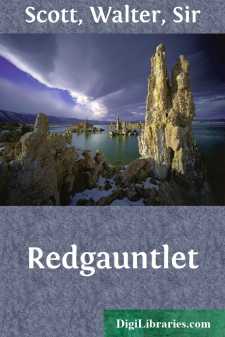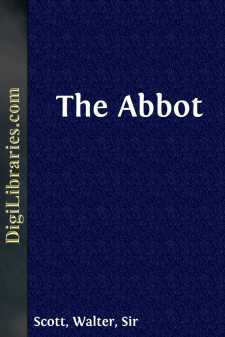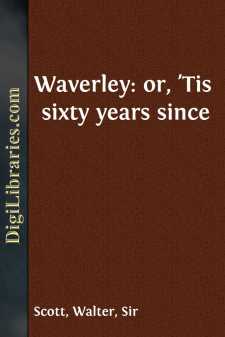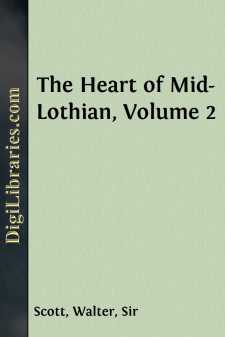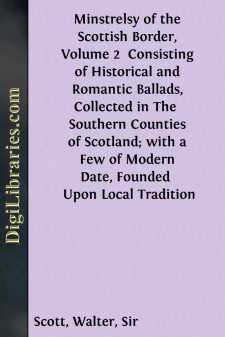Categories
- Antiques & Collectibles 13
- Architecture 36
- Art 48
- Bibles 22
- Biography & Autobiography 813
- Body, Mind & Spirit 142
- Business & Economics 28
- Children's Books 17
- Children's Fiction 14
- Computers 4
- Cooking 94
- Crafts & Hobbies 4
- Drama 346
- Education 46
- Family & Relationships 57
- Fiction 11829
- Games 19
- Gardening 17
- Health & Fitness 34
- History 1377
- House & Home 1
- Humor 147
- Juvenile Fiction 1873
- Juvenile Nonfiction 202
- Language Arts & Disciplines 88
- Law 16
- Literary Collections 686
- Literary Criticism 179
- Mathematics 13
- Medical 41
- Music 40
- Nature 179
- Non-Classifiable 1768
- Performing Arts 7
- Periodicals 1453
- Philosophy 64
- Photography 2
- Poetry 896
- Political Science 203
- Psychology 42
- Reference 154
- Religion 513
- Science 126
- Self-Help 84
- Social Science 81
- Sports & Recreation 34
- Study Aids 3
- Technology & Engineering 59
- Transportation 23
- Travel 463
- True Crime 29
Quentin Durward
by: Walter Scott
Categories:
Description:
Excerpt
CHAPTER I: THE CONTRAST
Look here upon this picture, and on this,
The counterfeit presentment of two brothers.
HAMLET
The latter part of the fifteenth century prepared a train of future events that ended by raising France to that state of formidable power which has ever since been from time to time the principal object of jealousy to the other European nations. Before that period she had to struggle for her very existence with the English already possessed of her fairest provinces while the utmost exertions of her King, and the gallantry of her people, could scarcely protect the remainder from a foreign yoke. Nor was this her sole danger. The princes who possessed the grand fiefs of the crown, and, in particular, the Dukes of Burgundy and Bretagne, had come to wear their feudal bonds so lightly that they had no scruple in lifting the standard against their liege and sovereign lord, the King of France, on the slightest pretence. When at peace, they reigned as absolute princes in their own provinces; and the House of Burgundy, possessed of the district so called, together with the fairest and richest part of Flanders, was itself so wealthy, and so powerful, as to yield nothing to the crown, either in splendour or in strength.
In imitation of the grand feudatories, each inferior vassal of the crown assumed as much independence as his distance from the sovereign power, the extent of his fief, or the strength of his chateau enabled him to maintain; and these petty tyrants, no longer amenable to the exercise of the law, perpetrated with impunity the wildest excesses of fantastic oppression and cruelty. In Auvergne alone, a report was made of more than three hundred of these independent nobles, to whom incest, murder, and rapine were the most ordinary and familiar actions.
Besides these evils, another, springing out of the long continued wars betwixt the French and English, added no small misery to this distracted kingdom. Numerous bodies of soldiers, collected into bands, under officers chosen by themselves, from among the bravest and most successful adventurers, had been formed in various parts of France out of the refuse of all other countries. These hireling combatants sold their swords for a time to the best bidder; and, when such service was not to be had, they made war on their own account, seizing castles and towers, which they used as the places of their retreat, making prisoners, and ransoming them, exacting tribute from the open villages and the country around them—and acquiring, by every species of rapine, the appropriate epithets of Tondeurs and Ecorcheurs, that is, Clippers and Flayers.
In the midst of the horrors and miseries arising from so distracted a state of public affairs, reckless and profuse expense distinguished the courts of the lesser nobles, as well as of the superior princes; and their dependents, in imitation, expended in rude but magnificent display the wealth which they extorted from the people. A tone of romantic and chivalrous gallantry (which, however, was often disgraced by unbounded license) characterized the intercourse between the sexes; and the language of knight errantry was yet used, and its observances followed, though the pure spirit of honourable love and benevolent enterprise which it inculcates had ceased to qualify and atone for its extravagances....





